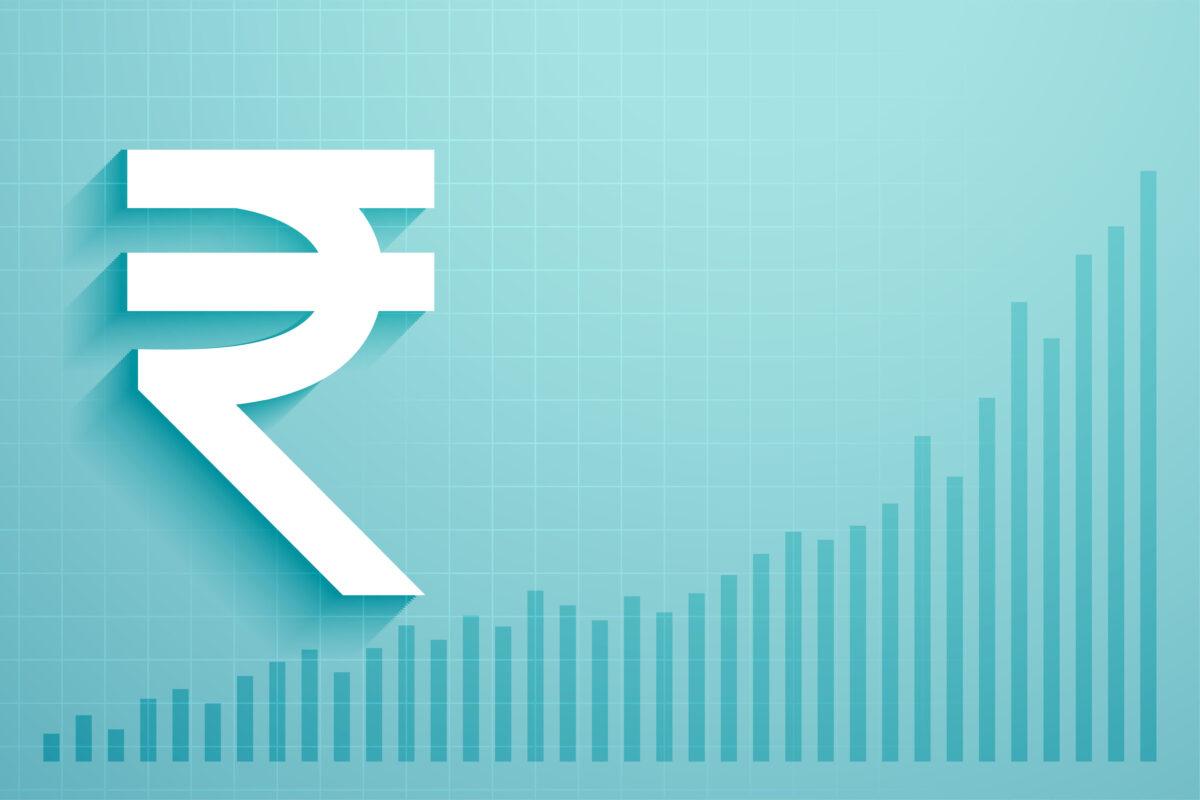Planning to book your dream car? But have you ever thought of how the RBI repo rate hike affects your auto loan? It is crucial to understand the relationship between the two to make an informed choice. However, before delving deep into the concept, let us comprehend some vital financial jargon. It includes concepts related to the repo rate, fixed rate, and floating rate. Eventually, it will help you to understand how the central bank’s repo rate can alter your auto loans.
Moreover, the number of financial institutions offering auto loans is expanding along with the demand for vehicle loans. In such a context, it is essential to comprehend how your auto loan is affected by the RBI repo rate hike. Thus, you can plan a wise monthly budget by adjusting the calculations.
What is the repo rate?
Commercial banks in India occasionally run out of funds. In such a scenario, the RBI acts as a source of credit for those commercial banks. Thus, these commercial banks borrow money from the RBI and the RBI imposes interest on that money. This interest rate that the RBI charges on the money it lends to commercial banks is known as the RBI Repo Rate.
The repo rate is not constant and the central bank rises and lowers the repo rate. However, RBI does not decide it according to its whims and fancies. Instead, the RBI considers factors like inflation and even fluctuations in the global financial market.
What happens when the RBI hikes the repo rate?
To control inflation, the RBI raises the repo rate by a few basis points. It intends to discourage commercial banks from borrowing money. Thus it will reduce the liquidity in the economy. In response to the repo rate hike, banks increase their lending rates. Due to the increased interest rate, loans become more expensive.
What happens when the RBI lowers the repo rate?
As inflation starts to decline, the RBI slashes the repo rate by a few basis points. As a result, banks will bring down their lending rates too. Thus customers can avail of loans at a cheaper interest rate.
How the RBI repo rate hike affects your auto loan?
When the repo rate rises, banks are bound to increase their lending rate to the customers. This is because these commercial banks get a loan from the RBI at a higher repo rate. Consequently, the interest rate for auto loans also rises. But it varies depending on the interest rate you select. A cursory knowledge of two types of interest rates is imperative to comprehend how the RBI repo rate hike impacts your auto loan EMI. Hence, let us leaf through the concepts of fixed and floating interest rates.
What is a fixed rate, and how does the RBI repo rate hike affect the fixed rate?
If your auto loan has a fixed rate, the interest rate stays the same throughout the loan period. It implies that the interest rate stays the same, notwithstanding the changes in the RBI repo rate or bank lending rate. Accordingly, a hike or dip in the RBI repo rate will not affect auto loans with fixed rates. Hence, the fixed interest rate enables you to manage your monthly budget precisely.
What is the floating rate, and how does the RBI repo rate hike affect the floating rate?
The scenario differs when your auto loan has a floating interest rate. The floating interest rate varies with the market changes. The current RBI repo rate decides the basis of floating rate interest. Therefore, the floating rate interest could rise in response to an increase in the RBI interest rate. Also, if the repo rate falls, so will the floating interest rate. Accordingly, a rise in the floating interest rate will increase your auto loan EMI amount. Consequently, you need to make amends to your monthly budget.
So, the next time you hear about the RBI repo rate increase, pay close attention. In light of the current inflationary trend, the repo rate hike is a certainty. As a ripple effect, auto loans at a floating rate will get costlier. Further, the repo rate hike will affect the new vehicle buyers rather than the existing buyers. Hence, it is better not to delay applying for your auto loans.

